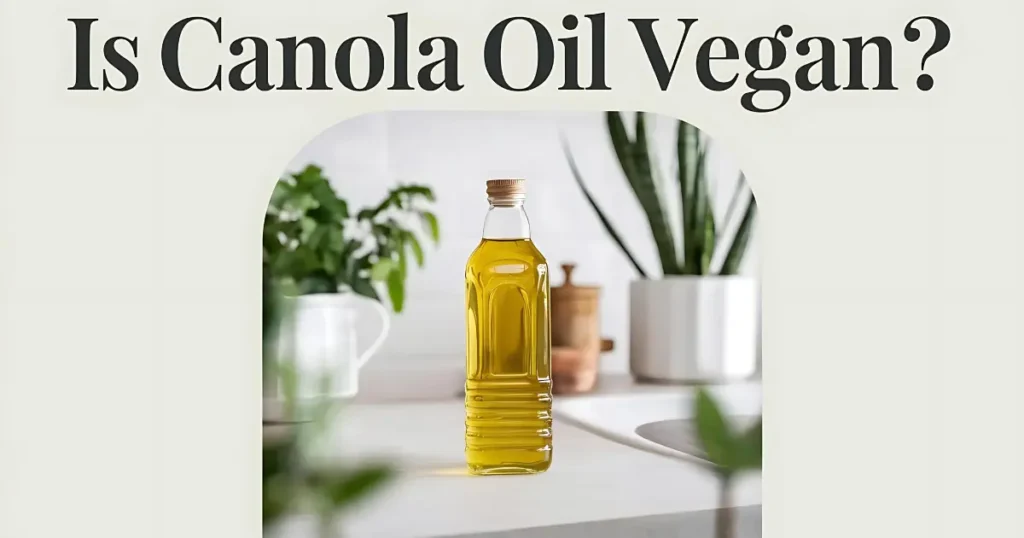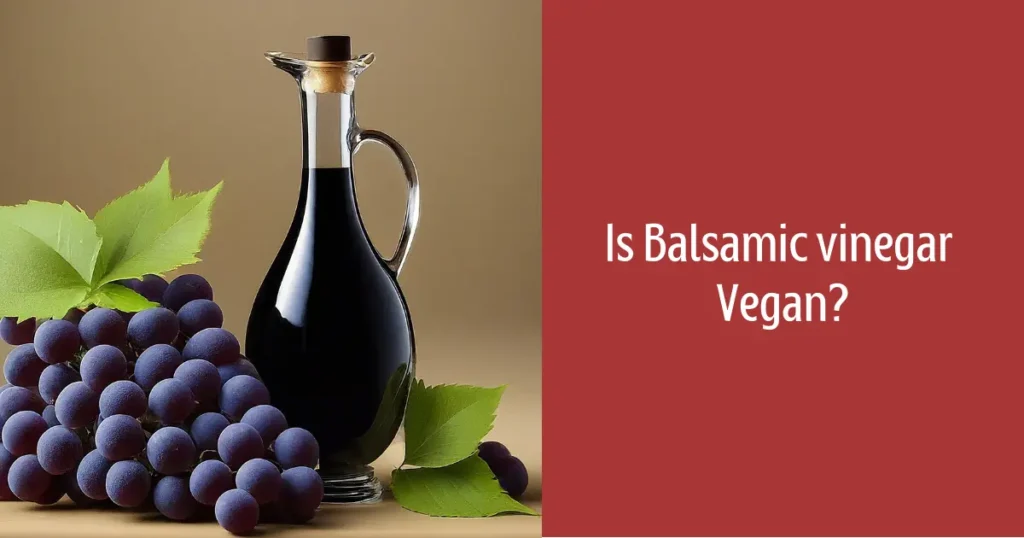Canola oil is a common kitchen staple, known for its versatility in cooking and its neutral flavor. You’ll find it in everything from frying pans to salad dressings. But if you’re following a vegan lifestyle, you might wonder: Is canola oil vegan? Let’s dive into what canola oil is, how it’s made, and whether it fits within the guidelines of a vegan diet.
What Is Canola Oil?
Canola oil comes from the seeds of the canola plant, a type of rapeseed. It’s popular for cooking because it’s low in saturated fats and has a high smoke point, making it suitable for frying, baking, and sautéing. However, the question remains: Does this commonly used oil meet vegan standards?
How to Determine if an Oil is Vegan
Before deciding whether any oil is vegan, it’s important to understand what being vegan means. Vegans avoid all animal products, including those used during processing. For something like canola oil to be vegan, it should be free from any animal-derived ingredients or by-products. Some people are concerned that oils may use animal-based ingredients during processing or refining. This isn’t common, but it’s always a good idea to check the specific brand you’re using to ensure no non-vegan substances are involved.
Is Canola Oil Vegan?
The simple answer is yes—pure canola oil is vegan. Since it is derived entirely from plants, no animal products are involved in the production of pure, unflavored canola oil. This makes it an easy choice for those following a plant-based diet. However, be cautious with flavored or specialty versions of canola oil. Some may contain additives, preservatives, or flavorings that are not vegan. Always read the label to be sure.
Processing and Ethical Concerns
Even though canola oil is vegan, some people may still have concerns about the processing methods used. Most canola oil on the market is refined, which means it has been processed to remove impurities and make it more shelf-stable. While this process typically doesn’t involve animal products, some vegans prefer oils that are less processed or organic due to concerns about sustainability and environmental impact. Additionally, if you’re an ethical vegan, you might want to consider how the canola is grown. Large-scale farming operations can have a negative impact on the environment, including the destruction of animal habitats. In that case, opting for organic or sustainably sourced canola oil could align better with your values.
Health Benefits of Canola Oil in a Vegan Diet
Canola oil is not just a vegan-friendly choice; it also offers some health benefits. It’s low in saturated fats, making it a heart-healthy option. It’s also high in omega-3 and omega-6 fatty acids, which are essential for a balanced diet. Compared to other cooking oils like olive oil or coconut oil, canola oil is more affordable and versatile. It has a neutral flavor, making it a great option for a variety of dishes. For those looking to maintain a balanced vegan diet, canola oil can be a helpful addition.
Alternatives to Canola Oil
If you’re looking for alternatives to canola oil, several options are both healthy and sustainable. Here are some popular choices:
- Avocado Oil: Packed with monounsaturated fats, avocado oil is a heart-healthy option. It also has a high smoke point, making it great for frying and grilling.
- Olive Oil: Renowned for its rich flavor and numerous health benefits, olive oil is a staple in Mediterranean diets. It’s perfect for salads, sautéing, and low-heat cooking.
- Coconut Oil: While higher in saturated fats, coconut oil is often used in vegan baking and cooking due to its unique flavor and versatility.
- Sunflower Oil: High in vitamin E, sunflower oil has a mild taste and is commonly used for frying and baking.
- Grapeseed Oil: It has a light flavor and a high smoke point. So, it’s a versatile cooking oil. It’s also eco-friendly as it’s made from winemaking by-products.
Canola oil is a great choice for vegans. It’s plant-based, affordable, and widely available. While there are some ethical and environmental concerns to consider, choosing organic or sustainably sourced options can help address these issues. As long as you check the labels to ensure there are no non-vegan additives, you can confidently include canola oil in your vegan diet. By understanding the origins and production of canola oil, vegans can make informed decisions about its use. Whether you’re frying up veggies or baking a cake, canola oil is a reliable, vegan-friendly choice that fits easily into plant-based cooking.




